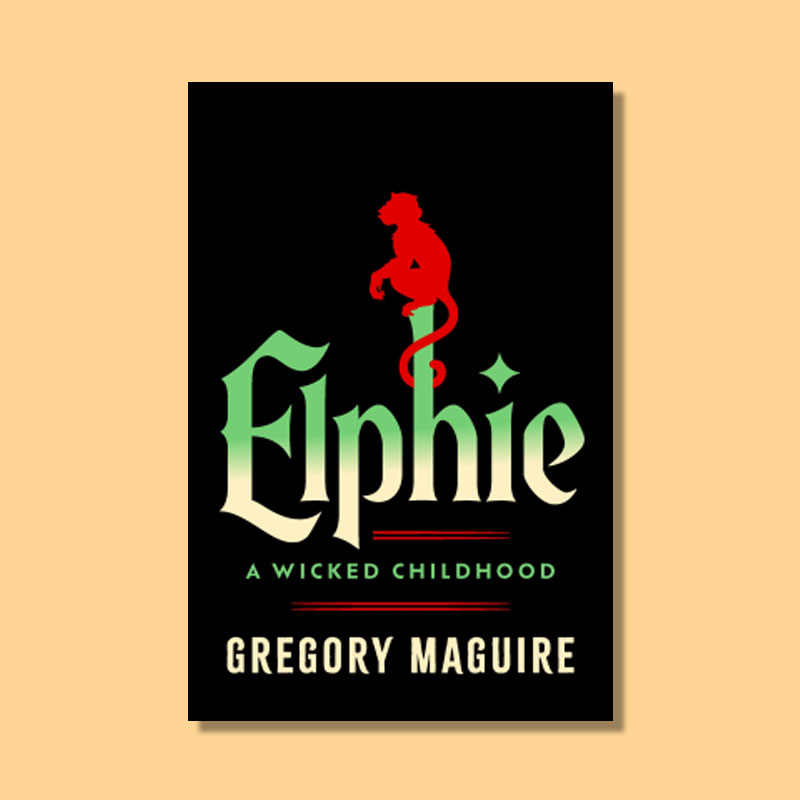What does "ante" mean in "up the ante"? | | "Up the ante" will be familiar to poker players, but you bet we can tell you more about the phrase's origins. | |  | Bennett Kleinman |
|
| |  | | I n competitions, some people just want to win, while others seek to make things more interesting by raising the stakes. This may involve putting a cash prize or another item of great value on the line. The phrase "upping the ante" was coined to describe this practice in the game of poker, but it has evolved from the betting world to be used in other games of chance, and now it can apply to any high-stakes situation.
The modern version of poker developed in the early 19th century. Under these game rules, the ante (from the Latin ante, meaning "before") refers to an event before a hand is dealt. During the ante phase, participants wanting to play that hand contribute money to a collective pot, which is eventually awarded to the winner of the hand.
While antes are generally small, players developed a betting strategy of increasing the ante for bigger payouts. This strategy sweetens the prize and weeds out players with insufficient funds who may not be as serious about competing. According to the Oxford English Dictionary, the phrase "raising the ante" appeared in poker instructional manuals by the mid-1810s, indicating it was popular among gamblers, especially those with larger bankrolls.
The phrase quickly moved beyond poker tables, and by the late 19th century, it was adopted as American slang for a figurative description of an increase in an agreed-upon price. As an idiom, it might also be used in negotiations for an increase in the amount paid in advance (e.g., a down payment on a house). In time, bettors began to say "upping" as a colloquial alternative to "raising," and the phrase "up the ante" entered the collective vernacular by the mid-1900s. Whether you're at the poker table or the negotiating table, if someone says, "It's time to raise [or up] the ante," and you don't have funds at the ready, it might be time to sit this one out. |
| | Continue reading | |  |
|
Emoji Decoded | |  | | Hocho | | | Meaning: Depicts a large chef's knife angled as if used for food preparation.
Evolution: The 🔪 emoji is named "Hocho," which means "kitchen knife" in Japanese. While intended for the kitchen, the Hocho also might pop up around Halloween or in true crime contexts.
Usage: [Text to a friend:] What's your costume for the Halloween party? 🧛🔪😱🤡👻 |
|
 | | Hocho | | | Meaning: Depicts a large chef's knife angled as if used for food preparation.
Evolution: The 🔪 emoji is named "Hocho," which means "kitchen knife" in Japanese. While intended for the kitchen, the Hocho also might pop up around Halloween or in true crime contexts.
Usage: [Text to a friend:] What's your costume for the Halloween party? 🧛🔪😱🤡👻 |
|
| |
Have you read? | |  | | Elphie | | By Gregory Maguire | | The first wave of "Wicked" mania has died down, but while you're waiting for Part 2 to hit theaters, you can tide yourself over with this new book from the author of the source material. "Elphie" is the story of the little green girl's childhood — who she was long before she became the Wicked Witch of the West and even before her years at Shiz University. We get to learn so much more about the inner workings of Elphaba, from the mind that created the world of "Wicked." | | | | Jennifer A. Freeman, Word Smarts Senior Editor | | | | We independently evaluate all recommended products and services. If you click on links we provide, we may receive compensation. |
|
 | | Elphie | | By Gregory Maguire | | The first wave of "Wicked" mania has died down, but while you're waiting for Part 2 to hit theaters, you can tide yourself over with this new book from the author of the source material. "Elphie" is the story of the little green girl's childhood — who she was long before she became the Wicked Witch of the West and even before her years at Shiz University. We get to learn so much more about the inner workings of Elphaba, from the mind that created the world of "Wicked." | | | | Jennifer A. Freeman, Word Smarts Senior Editor | | | | We independently evaluate all recommended products and services. If you click on links we provide, we may receive compensation. |
|
| |
You might also like | |  | | | | Why Do We Say "Hit the Sack"? | | The legacy of this phrase goes back to ancient sleeping bags and sailors, with the etymology revealing how our ancestors caught their z's. |
| | | |
|


0 komentar:
Post a Comment